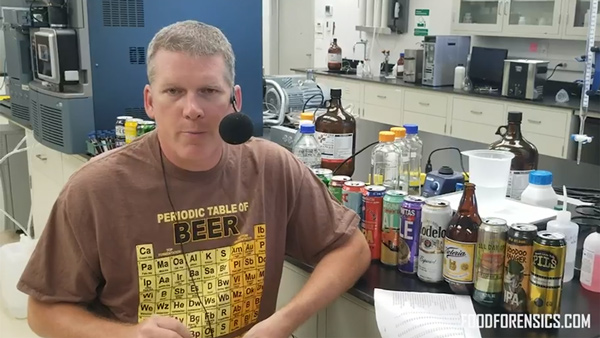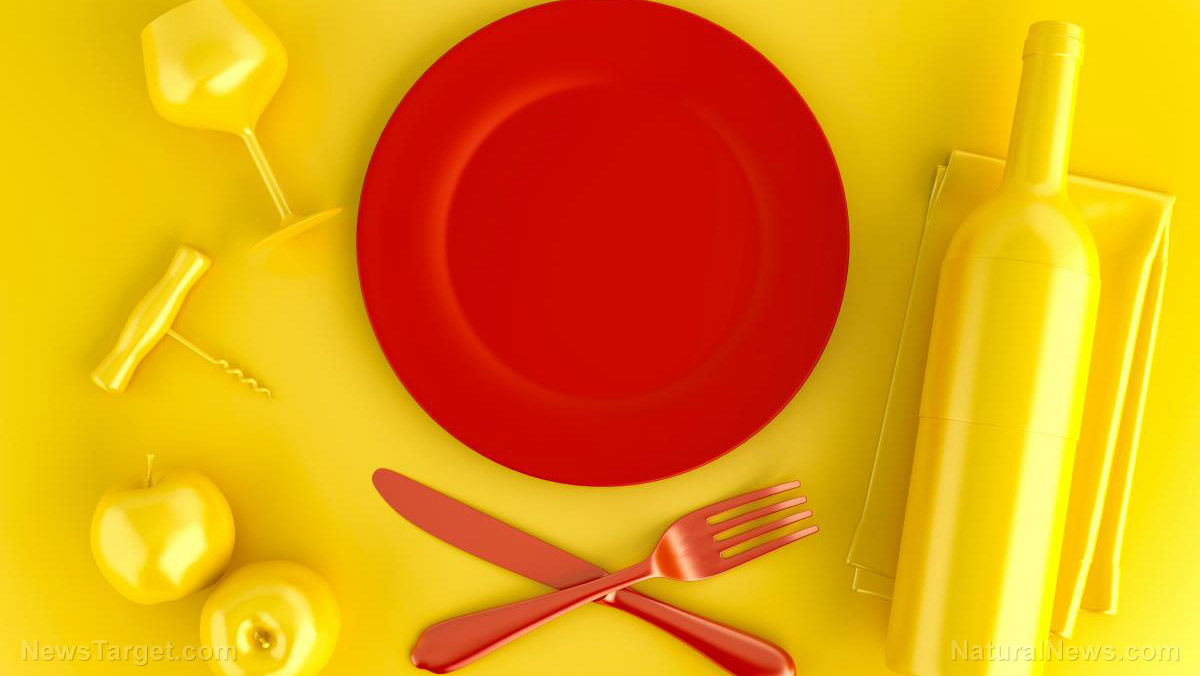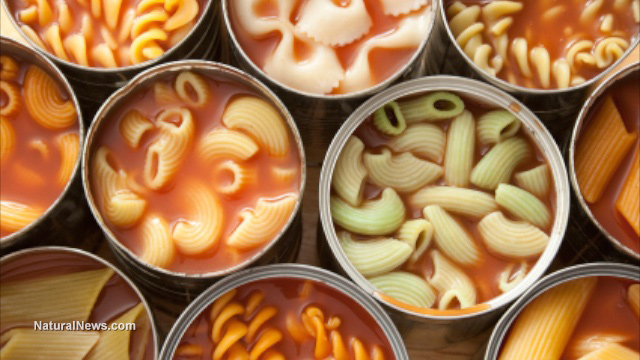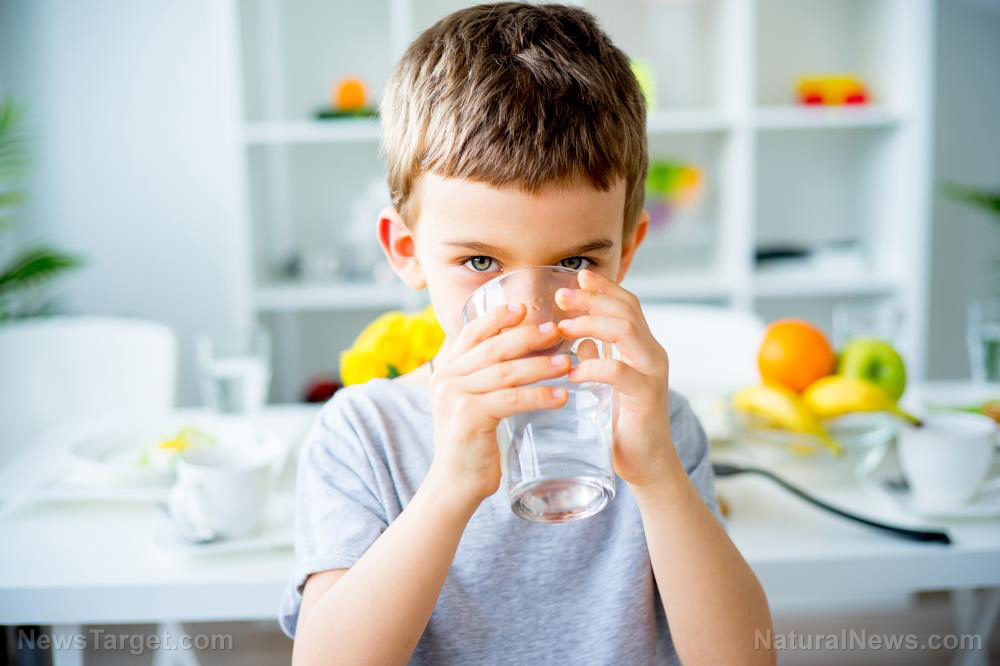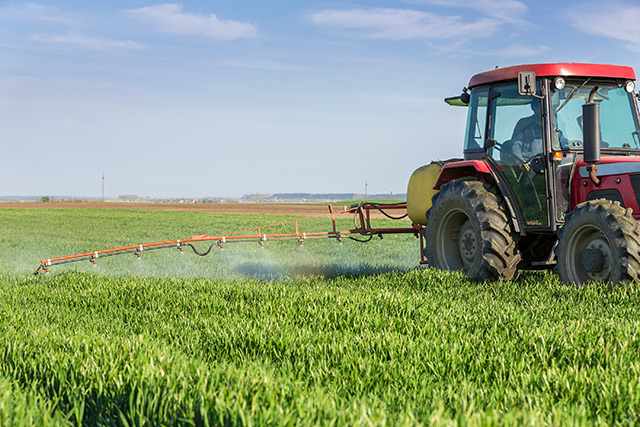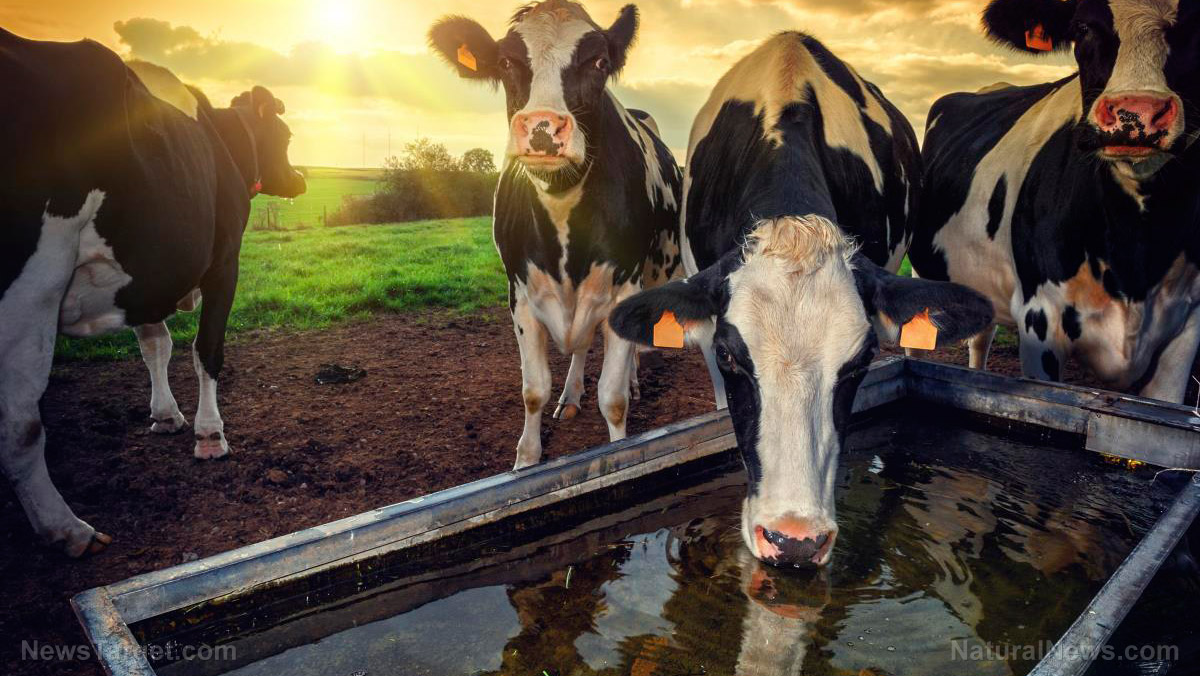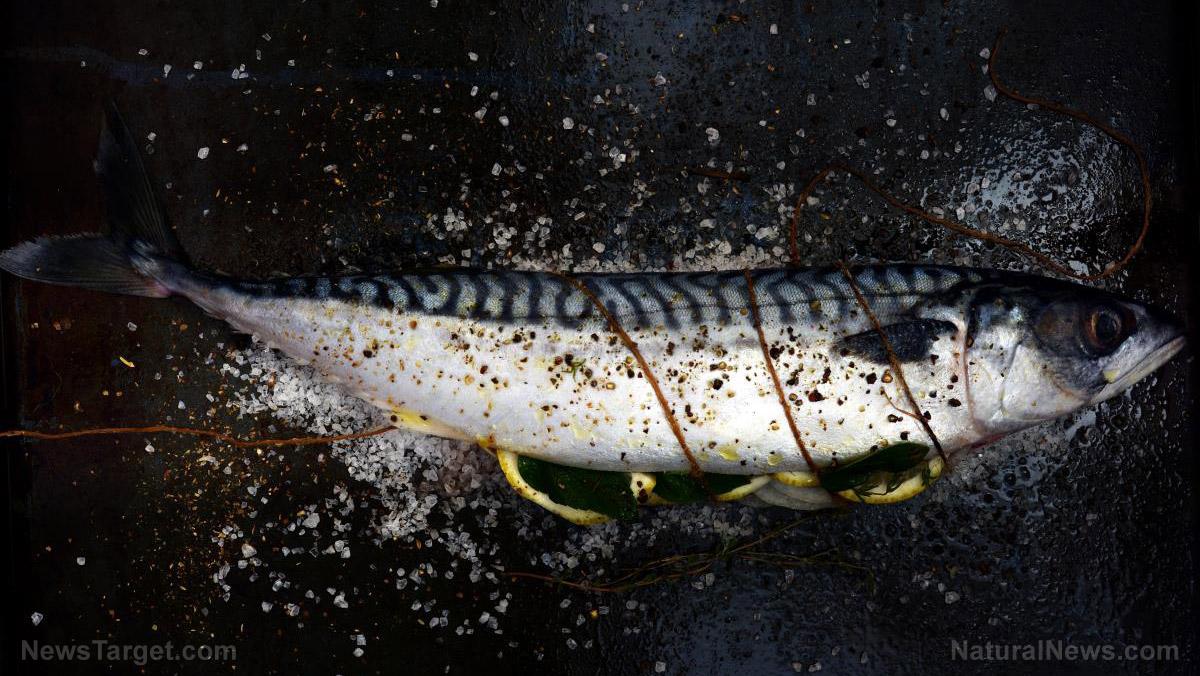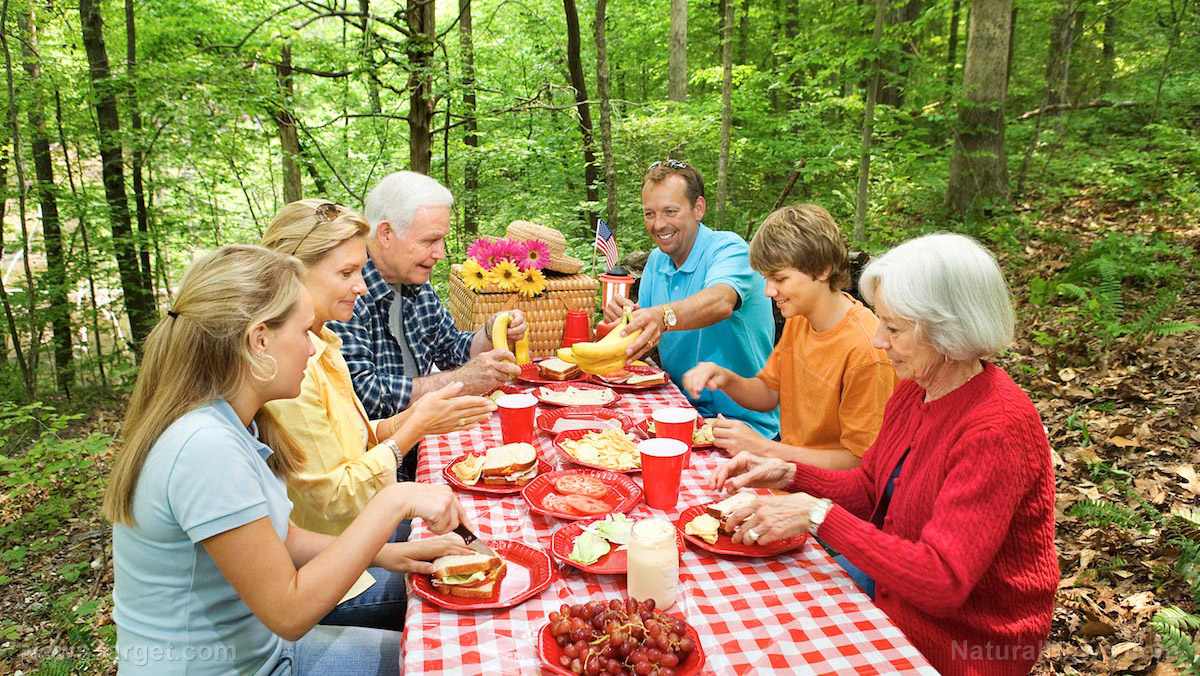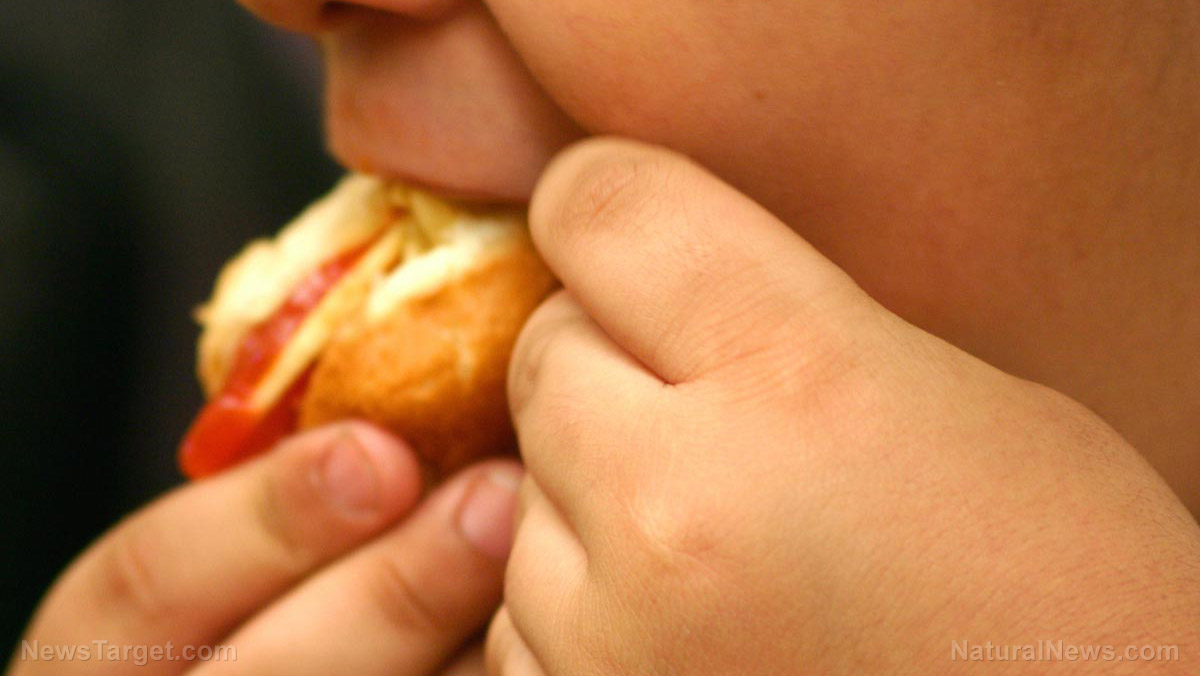Salt, Water, and Carb MYTHS Busted
07/30/2019 / By S.D. Wells

Kudos to the foodies who produce informative YouTube videos about healthy and unhealthy eating habits, especially when it comes to salt intake, drinking plenty of water, and managing those “horrible” carbohydrates, but there’s one thing you guys and gals all seem to have in common: You forget to differentiate.
What kind of salt are you talking about when you speak of high blood pressure? Are you talking about that crappy, nutrient-void, irradiated white table salt you get at every restaurant in the U.S.A., or are you talking about organic and pure, mineral-loaded sea salt, like Celtic and Pink Himalayan?
What kind of water are you talking about when you speak of cell repair? Are you speaking about that cancerous, fluoridated, chlorinated, medicated, pesticide-laden kind that comes out of the tap? Are you talking about bottled water that usually contains plastic chemicals (think BPA), microplastics, and added fluoride, or are you talking about real spring water and water that’s run through a high-powered filtration system like a Big Berkey?
What kind of “carbs” (carbohydrates) are you talking about when you do your podcasts? Are you referring to that processed, bleached, refined and sugar-laden kind, or do you mean natural, organic, unadulterated carbs that are very important to our metabolism and our body’s thermogenesis? Is it only about energy, or is there more to the research? Let’s take a look.
Which is it – are you in to low carbs, no carbs or the RIGHT carbs?
Are you one of those carb haters? Do you think all carbs cause diabetes and make you fat? You must still be buying into those Reader’s Digest myths. Join Mic the Vegan here, and let’s take a level-headed look at the inaccurate claims and myths surrounding the dichotomy of “carbs.” Ever heard of the Traditional Okinawan Diet? We’re not talking about “SAD” carbs here (Standard American Diet).
Are you familiar with diet-induced thermogenesis or dietary thermogenesis? Take a few minutes to check out this ground-breaking YouTube podcast by Mic, and remember, you don’t have to be a vegan or vegetarian to get a ton of useful info in a short period of time.
Thermogenesis is the production of heat in the body, including heat produced by your cells
Thermogenesis occurs in all warm-blooded animals and certain species of plants, including lilies and cabbage. One plant, called the lodgepole pine dwarf mistletoe, literally disperses its seeds through thermogenesis.
Thermogenesis can help increase metabolism and help you burn calories, converting them to … wait for it … heat. Up to ten percent of the calories you burn are done so via diet-induced thermogenesis (think potatoes, rice, hot peppers, green tea, coconut oil and black pepper here).
According to doctors who ran a study at the Department of Human Biology at Maastricht University in the Netherlands, thermogenesis is affected by the proportion of macronutrients you consume, including proteins, fats and yes, carbs. Don’t get too crazy on this theory though; the doctors inform us this isn’t about empty carbs and processed, refined sugars.
Understand that the key to induced thermogenesis is that a portion of the calories you consume that are needed for immediate energy are converted to heat rather than simply stored as fat. Don’t you just love those sweet potatoes and cauliflower even more now? Don’t let the mass media and the sick-care complex scare you off those powerful superfoods.
Table salt is dead – it’s been radiated, processed and stripped of trace minerals
Nearly all salt served at restaurants, movie theaters, convenient stores and diners is completely useless to the human body, and in fact, is damaging to health. We’re talking about white salt that’s literally bleached and stripped of potassium and basically all of its minerals, except for sodium and chloride (hence the symbol NaCl).
Table salt makes your body retain water, putting a strain on your kidneys while increasing your risk of hypertension. That’s why white, refined, irradiated salt is what you find at almost every restaurant in America. They’re not going to give you free sea salt that’s healthy for you, all while polluting your gut with processed oils and pesticide-laden conventional food.
For example, Pink Himalayan salt has lower sodium content than table salt, and the potassium counterbalances its effects, so no problem. The whole “high blood pressure from too eating too much salt” myth completely falls apart when you differentiate between crappy table salt and healthy, mineral-loaded sea salt (we’re talking more than 80 minerals and trace elements too).
These vital differences need to be pointed out clearly at the beginning of every podcast, or people have no idea what choices to make.
Good water versus BAD water – the MASSIVE difference
What kind of water do most American hospitals serve their patients? Toxic tap. What kind of water do you get in your glass, including the ice cubes, at almost every American restaurant? Toxic tap. Tap water contains other people’s medications. Oh, wait, you didn’t know? You could be consuming someone’s SSRI psych meds.
Tap water has been revealed to often contain artificial sweeteners, bits of toilet paper, and even residuals of human waste, also known as “bio-sludge.”
Plus, most American consumers think that simple filters, like the ones built into their expensive refrigerators, filter out the toxins, but for the most part, they don’t. Hardly any water filters on the market, especially all those cheap water pitchers, do NOT filter out heavy metal toxins or sodium fluoride – yes that fluoride that causes chronic inflammation, brittle bones, lowered IQ, and yes, cancer.
Want a great, affordable home filtration system that filters more than 99 percent of all toxins from water? It costs less than half a year’s worth of purchasing bottled water. It’s called Big Berkey and you’re going to want to check it out.
Tune in to Pesticides.news for updates and myth-busting articles that help you make the most important nutrition decisions of your life. Also, visit FindaSpring.com and you can locate the nearest spring water in your area and get an unlimited supply for free. Happy hunting.
Sources for this article include:
Tagged Under: bad carbs, best water filter, carbs, clean food, clean water, dead salt, disease causes, good carbs, health myths, Himalayan Salt, misinformation, sea salt, Table Salt, tap water, tap water toxic, thermogenesis, white salt
RECENT NEWS & ARTICLES
StopEatingPoison.com is a fact-based public education website published by Stop Eating Poison Features, LLC.
All content copyright © 2018 by Stop Eating Poison Features, LLC.
Contact Us with Tips or Corrections
All trademarks, registered trademarks and servicemarks mentioned on this site are the property of their respective owners.

